One of the main problems facing the courts amid the COVID-19 crisis is how to keep up with required hearings and updates on cases that come before the bench on a regular basis, but still maintain social distancing requirements and the safety of everyone who is required to appear.
It has forced a lot of creative solutions from officials to make it work, but Superior Court Judge Mark Murphy said that these are lessons learned in a crisis that will likely be around for a long time to come.
Especially when the court is required to try and keep the same volume of work going without being able to hold a normal court date in one of the large rooms, now being utilized for Grand Jury presentments as loosening of restrictions on court activities coincides with a new jump in cases nationwide experienced in the past weeks. (At the time of this writing, record-setting days were being reported of upward of more than 162,000 positives at one time.)
Murphy said that “we’re keeping essentially the same case volume” since the shutdown earlier in the year, with a particular focus on ensuring that criminal cases are at least being worked through the system as much as they can be during this time.
“With the exception of jury trials, we’re able to handle bond hearings, guilty pleas and all kind of pre-trial motions,” he said.
Even though back during the early months of the pandemic and being unable to gather for jury trials in May, Murphy said his court was able to close out 150 criminal cases without ever having to set foot in the courtroom.
“I was on my computer in my office, and the inmates were at the jail, and attorneys were either home or in their respective offices,” he said. “We were all linked by Zoom or (Cisco’s) Webex, depending on the particular needs of participants. We were able to close all that out and still maintain public access.”
They did that through a simple solution: if people wanted to gather to hear court business virtually, they could go to the courthouse steps and take part in the virtual sessions by watching a laptop setup onsite. On a few occasions courtroom access was open to limited amounts of people to the public, Murphy said. But mainly it has been kept all digital.
“Throughout the summer, we continued that process with handling a lot of guilty pleas and pre-trial motions and criminal cases, and also bond hearings,” he said. That process is one way he thinks the court is able to make some progress despite COVID-19 restrictions in place from courts, even though some loosening of restrictions have come in past months.
Previously, the courts opened up enough to allow for a grand jury panel to be summoned and begin hearing cases. Since then, District Attorney Jack Browning has asked for a second panel to join in the work and help the courts catch up with work that still needs to be done.
Yet some work of the courts is likely to remain virtual even as restrictions begin to be lifted. Murphy said it comes from both the needs of the court to move along business at a good pace even as the Superior Court faces more business than ever, but also to ensure the safety of those who are ordered to appear on criminal or civil charges.
For instance, with the restrictions in the amount of space allowed for inmates who awaiting hearings or trial in the courthouse already have limited holding cell space, it would make more sense to keep them at the Polk County Jail and allow them to appear via video. Murphy has already discussed the idea with both Browning and the Public Defender’s office about moving forward with that process.
“We all intend to carry on with video court process after the judicial emergencies and extensions are over with,” he said. “Inmates like it better; small holding cell at courthouse and don’t like to be crowded in that, nowhere to sit and too cramped for them.”
It has added benefits for the taxpayer that aren’t realized until they are noticed over the long term: transportation costs of moving inmates around are lowered when they can appear before the court virtually, as well as the cost of security personnel who are required to be at the courthouse at all times, as well as those who move inmates back and forth.
With those deputies freed up, they can work on other business for the Sheriff’s Office instead of standing and guarding inmates in the courthouse holding cell.
Murphy pointed out the savings for civil cases as well. If attorneys who come before the court arguing for plaintiffs and defendants can argue motions over video chats instead of having to take up court business by traveling from all across the region and state to Polk County to do the same thing, it saves his court time and the attorneys the expense of travel as well.
If there is any positive that has come out of the changes wrought from the COVID-19 pandemic on the judicial system, it is that courts are figuring out ways to use tools of technology to their advantage and learning how to be more efficient in the process for the future. Murphy sees that as a benefit going forward as the business of the Superior Court continues to grow.
Changes like virtual court through video is just one way that changes are being made. Staggering court dates and bringing down crowd sizes during docket calls is another area where Murphy said the court will benefit from making some improvements to scheduling. No longer is a client’s entire day ruined by having to wait for the court to get to their business, forcing them to take a whole day off from work.
Documenting the status of a case in the criminal and civil aspects of the legal system is also made easier when both parties provide written updates by e-mail, instead of having to provide verbal reports and take up more time than is necessary.
Combined, one of the hopes Murphy hopes to gain from all the issues brought forth from the pandemic shutdowns and the need to keep up with business stick around. That, and we can all get back to regular business soon.
“Necessity is the mother of invention, and this year has truly been the case as far as the court system goes,” Murphy said.









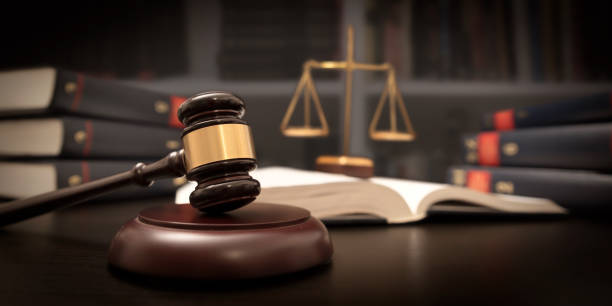







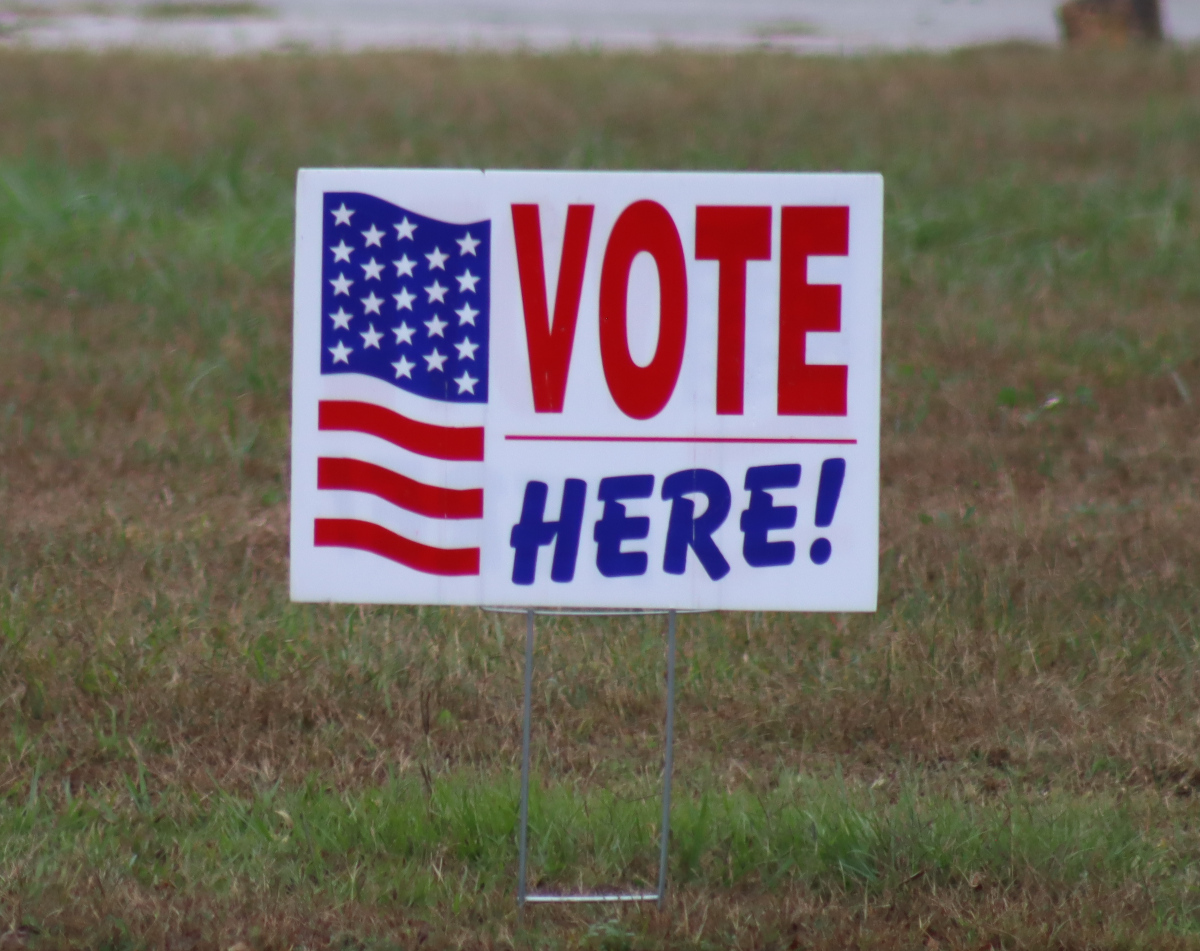
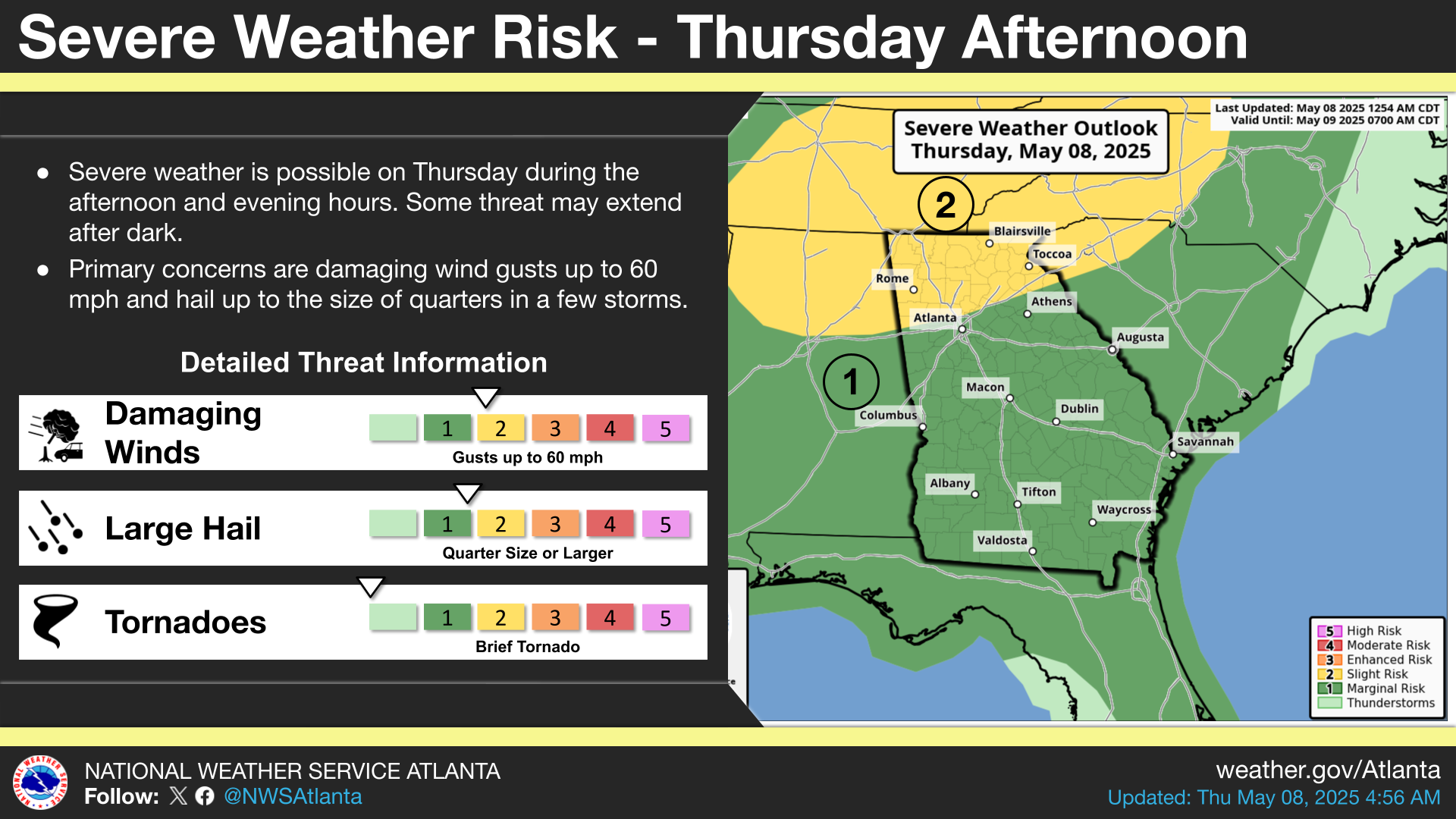
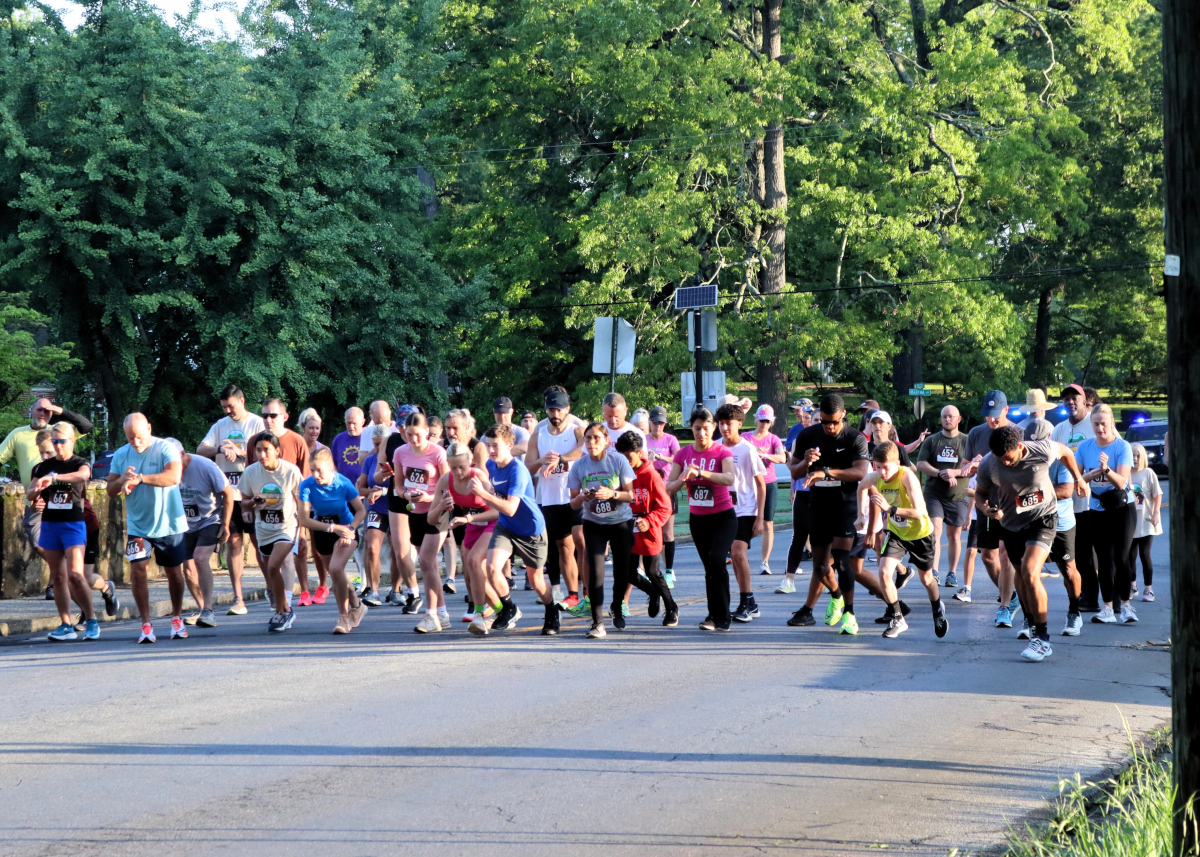
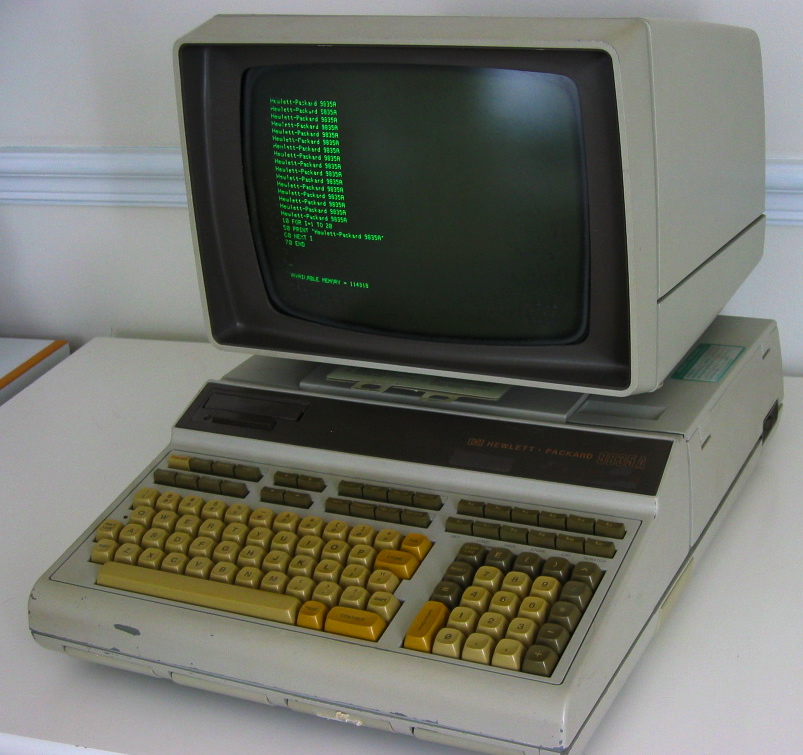
Leave a Reply